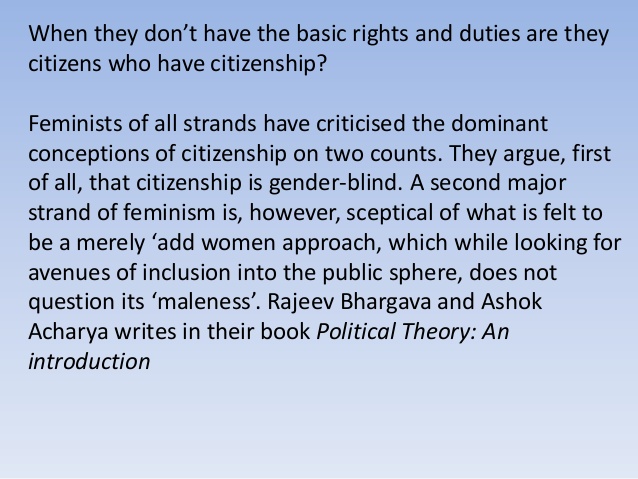




‘ Methodological and Epistemological Individualism,’ in O'Neill, J. For a detailed contrast between Hayek's positions and Popper's, see Scott, K.J. And this description of the method of natural science agrees perfectly with Professor Hayek's description of the method of social science’ (The Poverty of Historicism, 137). To which Popper responds: ‘I have been advocating … an interpretation of scientific method as deductive, hypothetical, selective by way of falsification, etc. While the method of natural sciences is in that sense, analytic, the method of the social science is better understood as compositive or synthetic’ (The Counter-Revolution of Science 38-9). The place where the human individual stands in the order of things brings it about that in one direction what he perceives are the comparatively complex phenomena which he analyses, while in the other direction what is given to him are elements from which those more complex phenomena are composed that he cannot observe as wholes. In one sense his facts are thus as little “subjective” as those of the natural sciences, because they are independent of the particular observer what he studies is not determined by his fancy or imagination but is in the same manner given to the observation by different people’ ( Hayek, Friedrich Tile Counter-Revolution of Science 28) Google Scholar.ĥ Hayek said: ‘While in the social science it is the attitudes of individuals which are the familiar elements and by the combination of which we try to reproduce the complex phenomena … a procedure which often leads to the discovery of principles of structural coherence of the complex phenomena which had not (and perhaps could not) be established by direct observation- the physical sciences necessarily begin with the complex phenomena of nature and work backwards to infer the elements from which they are composed. The reason for this is that the object, the “facts” of the social sciences are also opinions - not the opinions of the student of the social phenomena, of course, but opinions of those whose actions produce the object of the social scientist. While for the natural scientist the contrast between objective facts and subjective opinions is a confusimple one, the distinction cannot as readily be applied to the object of social sciences. 2 This point was stressed by Hayek: ‘There are no better terms available to describe this difference between the approach of the natural and the social sciences than to call the former “objective” and the latter “subjective.” Yet, these terms are ambiguous and might prove misleading without any further explanation.


 0 kommentar(er)
0 kommentar(er)
